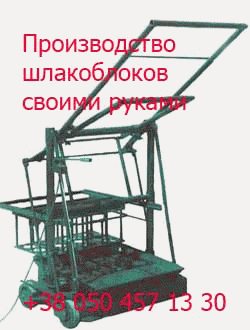Medical instruments or products with short-term contact include syringes, cannulas, catheters, valves, filters, respiratory masks, keyhole surgery instruments, endoscopes and orthodontic aids. These are composed of very different materials that sometimes are difficult to bond, such as metal alloys of aluminum, medical steel, titanium, nickel (Nitinol), or plastics such as polyethylene (PE), polypropylene (PP), polyetheretherketone (PEEK), polyphenylene sulfone (PPSU), polycarbonate (PC), polyvinyl chloride (PVC), or oxidic materials such as glasses or ceramics. Structural adhesive bonding is sometimes the only joining technique suitable for this type of material.
Acrylic systems are used for the manufacture of sterile disposable products such as catheters, infusion systems and disposable syringes, and for the production of nonsterile reusable products such as rehabilitation aids and orthopedic devices. Acrylic-based systems set rapidly under the effect of moisture, catalysts, heat, UV light or visible light. Cyanoacrylates usually polymerize and set in the presence of moisture on the substrates.
Epoxy adhesives are used for sterilizable, reusable products such as surgery instruments and endoscopes. The materials and adhesives used for manufacture must be biologically inert and resistant to corrosion and temperature. The adhesive bond must have high durability and resistance to cleansing materials, disinfectants and steam sterilization, and a defined strength to ensure correct functionality after the cleansing and sterilization process [68, 69].
8.15.2
 13 января, 2016
13 января, 2016  Pokraskin
Pokraskin  Опубликовано в рубрике
Опубликовано в рубрике 